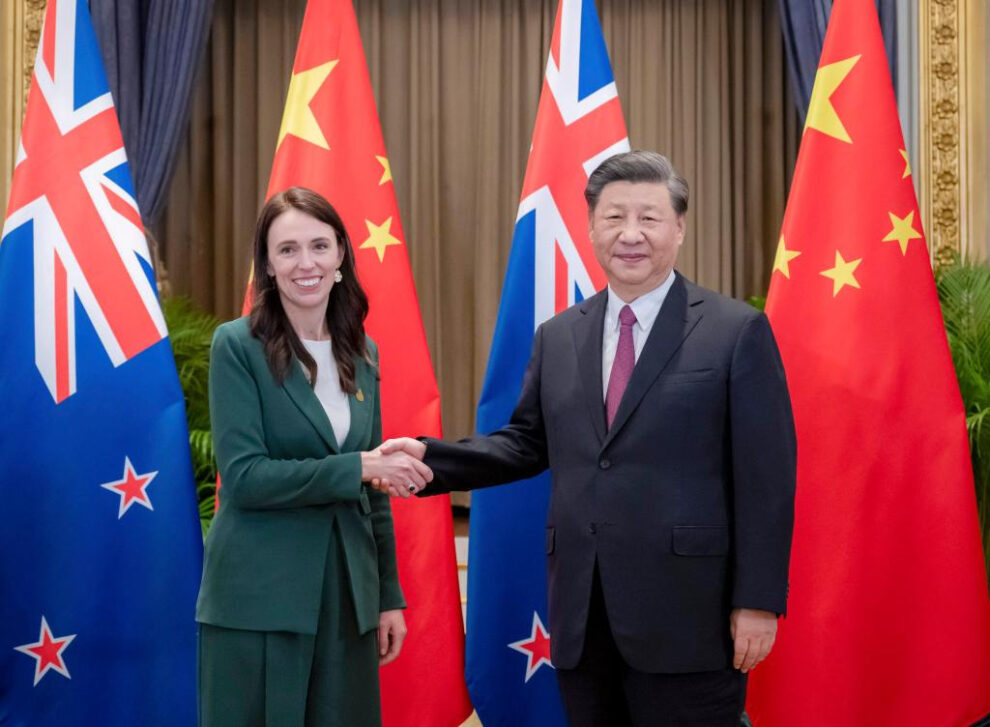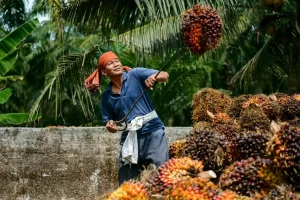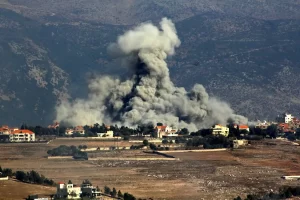New Zealand considers the Pacific its traditional sphere of influence.
The region is also of great strategic importance for Australia, the United States and China. All three countries have recently made efforts to boost their goals in the Pacific.
In September 2022, the U.S. held a summit with Pacific Island leaders, while China has sought to expand its diplomatic, military and trade ambitions in the region.
The New Zealand government has sent a 50-strong delegation on a five-day, three-nation tour of the region, starting Monday in Solomon Islands, a mostly Melanesian chain of islands north-east of Australia.
Last year, Solomon Islands Prime Minister Manasseh Sogavare signed a security pact with China that caused alarm in Washington, Canberra and Wellington.
New Zealand Deputy Prime Minister Carmel Sepuloni has tried to downplay regional tensions with China, preferring instead to focus on other concerns, including climate change.
Sepuloni told Radio New Zealand’s Morning Report program that consolidating her country’s place in the region was a priority.
“I think what needs to be our focus is New Zealand’s relationship with the Pacific,” Sepuloni said. “This is our key relationship. The Pacific region is a priority and make sure that that is as strong as can be possible and that certainly what we are here to do on this mission.”
China and Taiwan also compete for influence in the Pacific islands, where four of Taiwan’s 13 diplomatic allies are located. They are Palau, the Marshall Islands, Tuvalu and Nauru.
Kiribati and Solomon Islands cut diplomatic ties with Taipei in favor of Beijing in 2019 after Chinese offers of aid.
Australia has intensified its efforts in the region in the past year since the election of a center-left government in Canberra.
New Zealand Deputy Prime Minister Sepuloni’s regional tour this week also includes Tonga and Fiji.
Source: VOA










